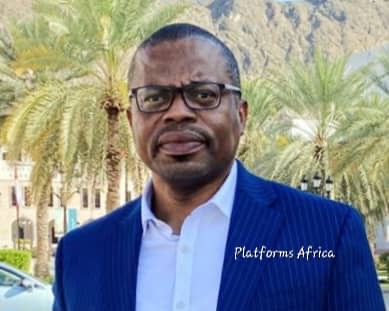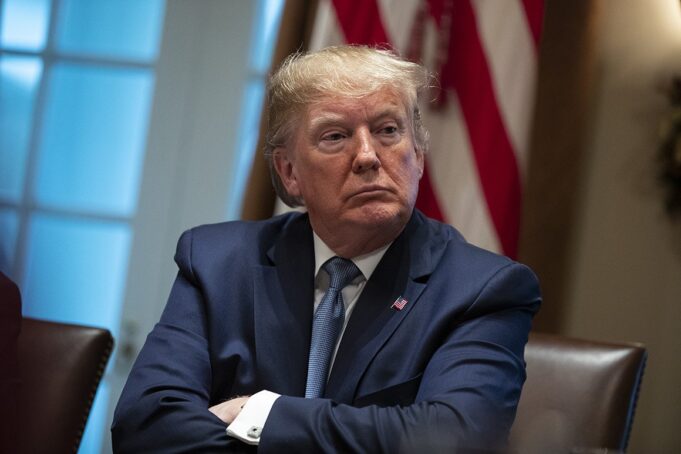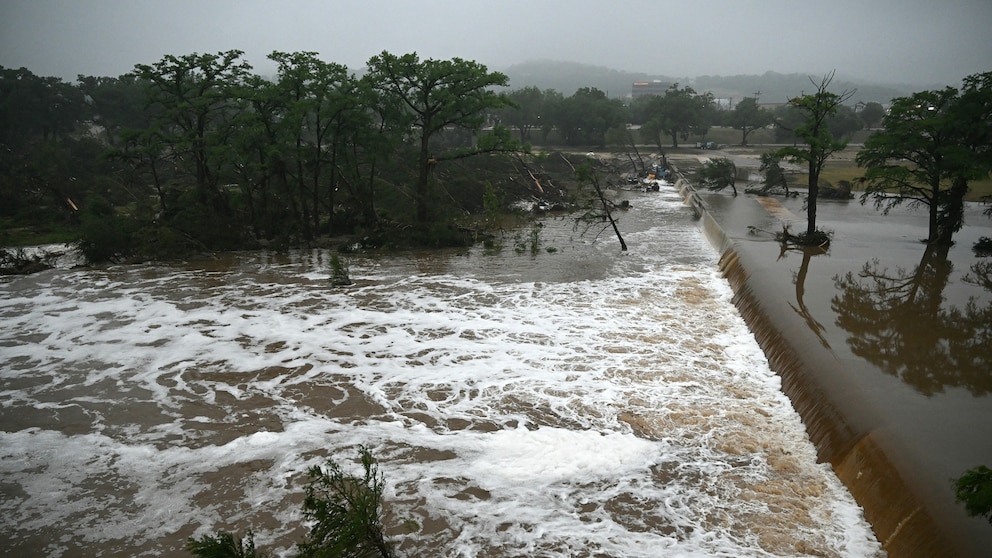…moves on to tackle challenge – Humanitarian Commissioner
The Internally Displaced Persons, IDPs, camps in Benue State have been hit by shortage of essential drugs for the Persons of concern in the camps.
The camps have also recorded cases of malnutrition among children and infants.
This was part of the findings of the Integrated Supportive Supervision, ISS, of the United Nations Children’s Fund, and the World Health Organization, UNICEF/WHO Humanitarian Health Response (IDP) Outreach implemented by the Benue State Primary Healthcare Board, carried out Monday at the Ortese and Ichwa IDPs camps in Guma and Makurdi Local Government Areas, LGAs, respectively.
READ ALSO:
NERC Transfers Regulatory Control Of Enugu Electricity To EERC
Nigerian Army Dismisses Two Soldiers For Stealing Dangote Refinery’s Cables
Nothing Must Happen To Yahaya Bello, Ebira Youth Coalition Warns
Gunmen Kill Babcock University Professor
The team which had top officials of the Benue State Primary Healthcare Board, Benue State Ministry of Health and Human Services, the State Ministry of Humanitarian and Disaster Management among others.
Speaking at the end of the Supervision, the Commissioner for Humanitarian and Disaster Management, Aondowase Kunde commended the medical and supporting staff on ground to attend to the IDPs but noted the shortage of drugs for sick patients.
He said: “We have gone round and we can see that there are health personnel taking care of the IDPs and providing medical and related support to them but there are challenges because the resources available is meagre and government alone cannot provide the support the IDPs need.
“We saw that the UNICEF and WHO are rendering support. Particularly the UNICEF. But we can see that at the Ortese and Ichwa IDPs camps we have the challenge of shortage of drugs.
“But we are going back to synergise among the frontline Ministries and Agencies to see how that challenge can be tackled without delay.
“In the area of food, we have already discussed with the State Emergency Management Agency, SEMA, to step up food supply to the camp. The plan is to supply food to the camps twice a month instead of once as being done presently so as to ensure adequate food supply for them.
“I must state that it is the priority of Governor Hyacinth Alia to see that the IDPs are well catered for and that they live like any other person despite being displaced.”
The Commissioner for Health and Human Services, Dr. Yanmar Ortese represented by the Permanent Secretary, Dr. Beatrice Tsavmbu said, “we have visited the camps and from our findings there are lots of improvement in the healthcare services in the camps compared to what we had in the past.
“We now have Laboratory Technicians, Nurses, Doctors, Pharmacists and other supporting personnel. The only issue at the moment is shortage of medicine. But as pointed out by the Commissioner, when we go back we will collaborate with UNICEF and WHO to see how that can be addressed quickly.
“We are holding meeting tomorrow and at that meeting we will appraise the situation in the camps including the issue of malnutrition which we notice and we will work towards tackling the problem.
The malnutrition issue is a serious issue because when children are malnourished it is a clear indication that they are not feeding well. But at our meeting tomorrow that issue will be tackled.”
The Executive Secretary of Benue State Primary Healthcare Board, Mr. Grace Wende said “we are one of the major leading partners in supporting the IDPs camps in terms of providing healthcare personnel who provide healthcare services in these camps.”
She assured that “the issue of malnutrition which was noticed at the Ortese IDPs would be tackle immediately with the immediate distribution of Ready to Feed Therapeutic Food through the support of UNICEF. And arrangements are also on to ensure that drugs are moved to the camps to check the shortage.”
The UNICEF State Based Technical Consultant, Jeremiah Ityokoso, who noted that the two global organisations were collaborating to address the health needs of the IDPs, said “what we are doing is to complement what government is supposed to do.
“The idea is that we try to promote sustainability and we try to promote ownership. So this is also part of the aim and the goal of this visit. We have been implementing, it is for the government to come and see what we have been helping them to do.
“So they also serve as check to see what we are doing. The fact that we are bringing money to implement the support does not mean we do anything below required standards and go away.
“They are here to check all of those to make sure that we do the right thing and also see the gaps. Like they have mentioned themselves and I am happy that they have seen the issue of shortage of drugs and I am happy that they have made a commitment to support in that direction.
“So basically we are providing what we call Outpatient Department Healthcare Services in these IDPs camps. We are actually implementing this in three Local Government Areas, LGAs, and five IDP camps. We are implementing in Ichwa under Makurdi, Ortese and Uikpam both in Guma LGA and in Naka and Agagbe IDP camps in Gwer West LGA.
“Occasionally we do this Integrated Supportive Supervision, so that government also comes and we do the routine supervisions to see what the outreach teams are doing. So they come together and then as a team we all go around to see what is happening.”
On his part, the WHO Coordinator for Benue State, Dr. Mohammed Abdulkarim, represented by the Assistant Public Health Officer, Philip Gberindyer said the global organisation had been supporting and collaborating with the state government “and we will still support the government to do comprehensive healthcare services as the need comes.”





